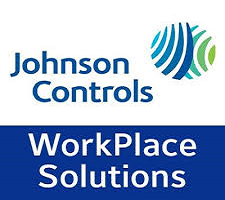October 15, 2014
Employers unready to meet demand for flexible working in UAE, claims report
 According to a new survey from YouGov and Citrix, office workers in the United Arab Emirates are almost universally aware of the benefits of flexible working and increasingly demand it from their employers. Yet under a quarter of organisations ‘encourage and enable’ employees to work away from their main place of work routinely. The report claims that 94 percent of the 800 UAE office workers who took part in the study say they would feel less stressed, be more productive and achieve better balance between work and family responsibilities if they were given the freedom to work flexibly outside of the office. As a result, demand for flexible working has increased by 20 per cent since an equivalent report in 2013, with many UAE workers also indicating that the ability to work from anywhere would significantly increase their job satisfaction. In contrast, only 23 percent of the businesses surveyed fully ‘encourage and enable’ employees to work from anywhere, using any device. More →
According to a new survey from YouGov and Citrix, office workers in the United Arab Emirates are almost universally aware of the benefits of flexible working and increasingly demand it from their employers. Yet under a quarter of organisations ‘encourage and enable’ employees to work away from their main place of work routinely. The report claims that 94 percent of the 800 UAE office workers who took part in the study say they would feel less stressed, be more productive and achieve better balance between work and family responsibilities if they were given the freedom to work flexibly outside of the office. As a result, demand for flexible working has increased by 20 per cent since an equivalent report in 2013, with many UAE workers also indicating that the ability to work from anywhere would significantly increase their job satisfaction. In contrast, only 23 percent of the businesses surveyed fully ‘encourage and enable’ employees to work from anywhere, using any device. More →























August 12, 2014
Five sectors, one challenge: The importance of high staff morale
by Simon Prince • Comment, Workplace